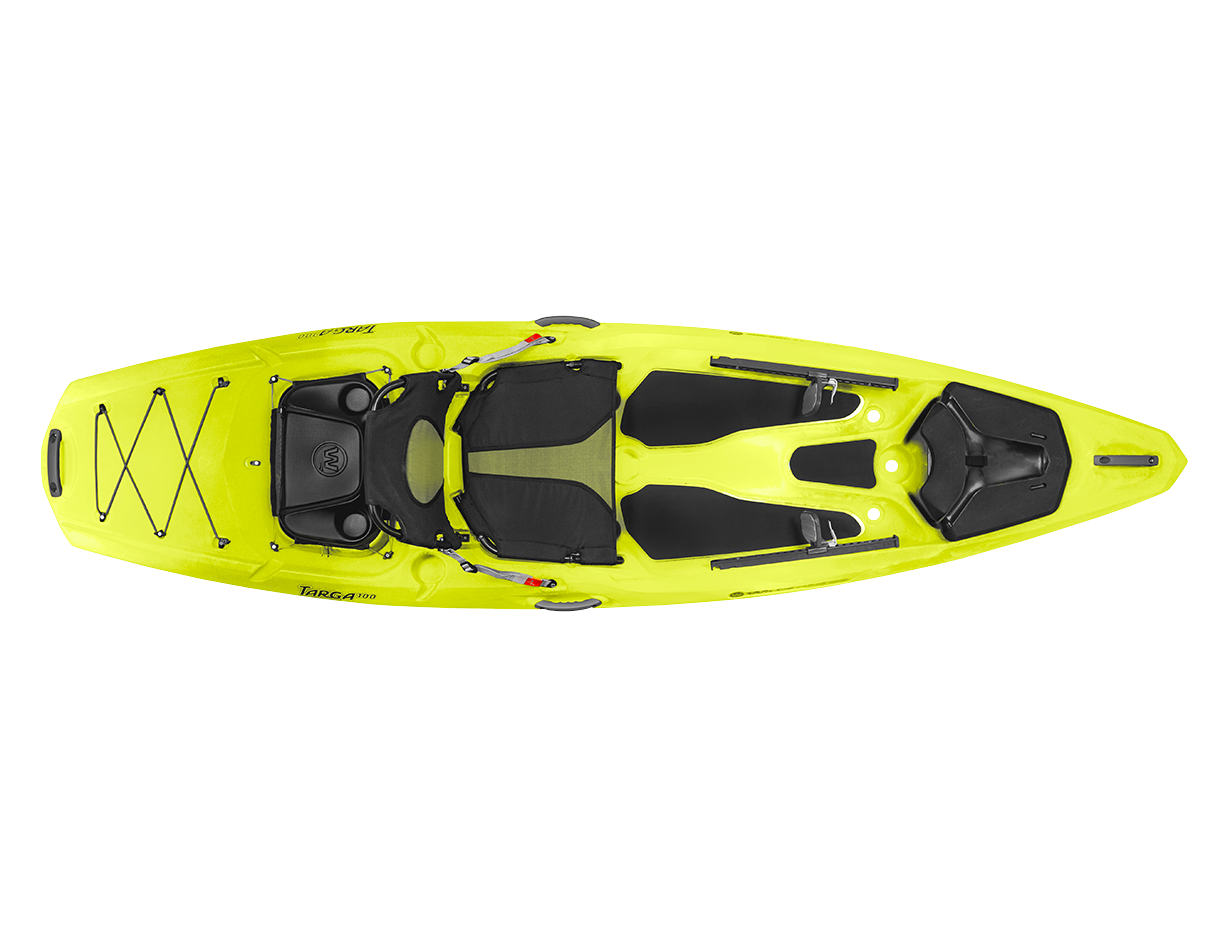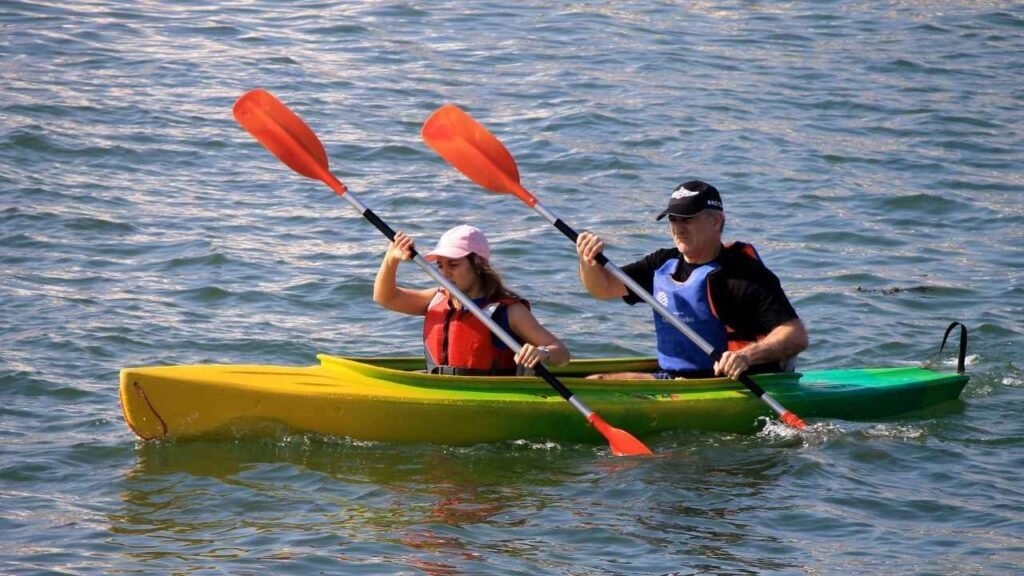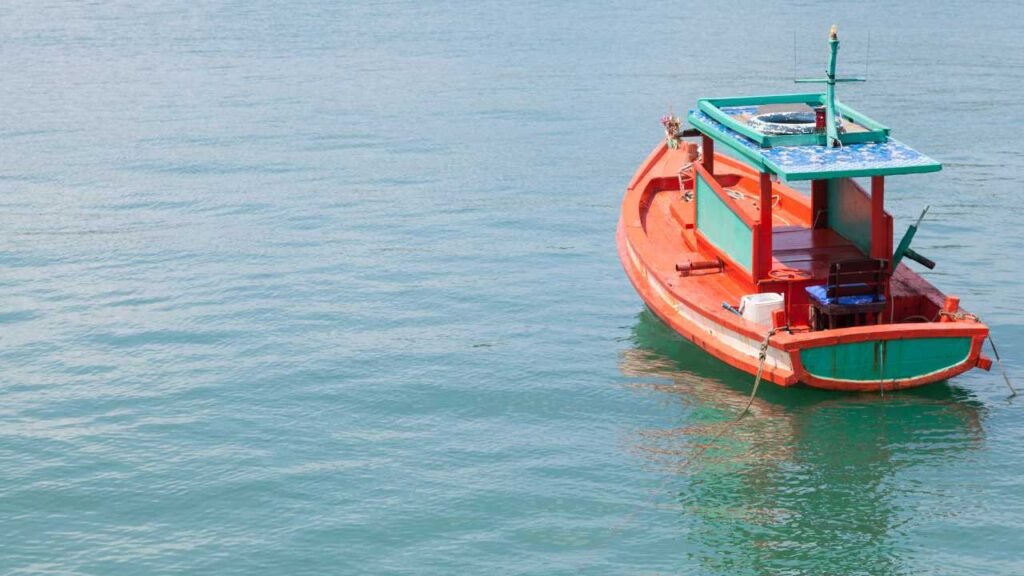Yes, weight distribution matters in a tandem pedaling fishing kayak. Proper balance ensures stability and efficient paddling.
Weight distribution is crucial for the performance of a tandem pedaling fishing kayak. Properly balanced weight enhances stability, making it easier to navigate various water conditions. An uneven distribution can lead to tipping, difficulty in steering, and reduced paddling efficiency.
Placing heavier items centrally and evenly distributing the load between the front and back ensures a smoother, safer experience. It’s essential for both paddlers to coordinate their efforts and maintain a balanced load. This setup not only improves performance but also maximizes comfort during long fishing trips. Proper weight distribution contributes significantly to a successful and enjoyable kayaking adventure.
Basics Of Tandem Kayaking
Understanding the Basics of Tandem Kayaking is crucial for an enjoyable experience. Tandem kayaking involves two people paddling together in a single kayak. This activity requires coordination and teamwork. It’s perfect for fishing enthusiasts who want to share the adventure.
What Is Tandem Kayaking?
Tandem kayaking means two people in one kayak. They paddle together to move. Both paddlers must work in harmony. Communication is key to avoid tipping over. It’s great for families and friends to bond.
Benefits Of Tandem Kayaks
There are many benefits of tandem kayaks:
- Increased stability: Two paddlers provide better balance.
- Shared effort: Paddling is easier with two people.
- Bonding time: Spend quality time with a friend or family member.
- Cost-effective: One kayak for two people saves money.
- Fishing: Tandem kayaks have extra space for gear.
Weight distribution matters in a tandem fishing kayak. Proper weight balance ensures stability and ease of paddling. Uneven weight can cause the kayak to tip or veer off course. Both paddlers should distribute their weight evenly. This helps in maintaining a smooth and steady ride. It also makes fishing more enjoyable and successful.

Credit: www.freesteel.co.uk
Weight Distribution Principles
Understanding weight distribution principles is crucial for tandem paddling fishing kayaks. Proper weight distribution ensures stability, efficiency, and comfort. This section dives into key principles, helping you master your tandem kayak’s balance.
Center Of Gravity
The center of gravity affects your kayak’s balance. In a tandem kayak, it is important to keep the center of gravity low and centered. This minimizes the risk of capsizing.
A low center of gravity increases stability. Make sure both paddlers sit at an equal height. Position heavier gear close to the middle of the kayak. Avoid placing heavy items high up.
Balancing Techniques
Effective balancing techniques ensure a smooth, stable ride. Distribute weight evenly between paddlers. Communicate and adjust as needed.
Use the following tips to balance your tandem kayak effectively:
- Place heavier items in the center of the kayak.
- Keep lighter items on the outer edges.
- Ensure both paddlers have equal weight distribution.
Consider using a balance table for better visualization:
| Item | Weight | Position |
|---|---|---|
| Fishing Gear | 5 kg | Center |
| Paddles | 1 kg each | Sides |
| Cooler | 10 kg | Center |
Regularly check and adjust your kayak’s balance. This ensures optimal stability and a pleasant paddling experience.
Impact On Stability
In a tandem peddling fishing kayak, weight distribution plays a crucial role. The position of weight can significantly affect the kayak’s stability. Proper weight distribution ensures a smooth and safe fishing experience.
Stability Factors
Several factors contribute to the stability of a tandem fishing kayak.
- Weight Distribution: Balancing the weight evenly is essential.
- Kayak Design: The shape and size of the kayak matter.
- Water Conditions: Calm waters enhance stability.
- Experience Level: Experienced paddlers can manage better.
Common Stability Issues
There are common issues that can affect the stability of your kayak.
| Issue | Impact |
|---|---|
| Uneven Weight | Causes the kayak to tip or lean |
| Poor Balance | Makes paddling difficult and unsafe |
| Overloading | Reduces buoyancy and stability |
Addressing these issues ensures a safer and more enjoyable fishing trip.
Paddling Efficiency
Paddling efficiency is crucial in a tandem pedaling fishing kayak. Proper weight distribution impacts how easily you move through water. It affects speed and how much energy you use. Understanding these factors can enhance your kayaking experience.
Effect On Speed
Weight distribution directly affects your kayak’s speed. A well-balanced kayak glides smoothly. Uneven weight causes drag and slows you down. Speed is essential for reaching fishing spots quickly. Keep heavy items centered to maintain balance.
Energy Expenditure
Balanced weight distribution reduces energy expenditure. You paddle less hard when the kayak is stable. This saves your energy for longer trips. Uneven weight makes paddling harder. You tire quickly and enjoy your trip less.
| Weight Distribution | Effect on Paddling |
|---|---|
| Even | Higher speed, less effort |
| Uneven | Lower speed, more effort |
- Balance weight for better speed.
- Save energy with even weight distribution.
Fishing Experience
Fishing from a tandem peddling kayak is a unique adventure. Weight distribution plays a crucial role in this experience. Proper balance enhances stability, casting, and maneuverability. Let’s explore how weight distribution affects your fishing experience.
Casting And Reeling
Proper weight distribution is vital for smooth casting and reeling. With balanced weight, you can stand or sit comfortably. This balance reduces the risk of tipping over. You can cast your line further and more accurately.
Balanced kayaks allow for better control. You can reel in fish with ease. The kayak remains steady even when you have a big catch. This stability increases your chances of landing the fish successfully.
Movement And Maneuverability
Weight distribution also impacts your kayak’s movement and maneuverability. A well-balanced kayak glides through the water smoothly. You can navigate tight spots and shallow waters more easily.
With equal weight distribution, turning becomes effortless. You can quickly change direction to follow fish. This agility gives you an edge in catching elusive fish.
Table: Benefits of Proper Weight Distribution in a Tandem Peddling Fishing Kayak
| Aspect | Benefit |
|---|---|
| Stability | Reduces tipping risk |
| Casting | More accurate and longer casts |
| Reeling | Better control during reeling |
| Maneuverability | Effortless turns and navigation |
In conclusion, weight distribution in a tandem peddling kayak greatly enhances your fishing experience. Ensure balanced weight for a safe and enjoyable adventure.
Adjusting Weight Distribution
Weight distribution is crucial in a tandem peddling fishing kayak. Proper balance ensures stability and better control. Adjusting the weight can make your kayak trip more enjoyable and safe.
Gear Placement
Placing your gear strategically can help balance the kayak. Heavy items should be placed near the center. This keeps the kayak stable.
| Item | Suggested Placement |
|---|---|
| Tackle Box | Center, between the seats |
| Fishing Rods | Side mounts |
| Cooler | Behind the rear seat |
| Anchor | Front or rear storage |
Seating Arrangement
The seating arrangement affects weight distribution. The heavier person should sit in the rear seat. This helps keep the kayak steady.
- Heavier person in the rear
- Lighter person in the front
- Evenly distribute weight between seats
If both paddlers have similar weight, adjust seats for balance. Ensure both paddlers have enough room.
Safety Considerations
When using a tandem peddling fishing kayak, weight distribution is crucial. Proper weight distribution ensures stability and safety. This section will explore key safety considerations.
Avoiding Capsizing
Capsizing can be dangerous in a tandem kayak. Uneven weight can make the kayak tip over. Both paddlers should sit in their designated spots. Their combined weight should be centered. Use gear and supplies to balance the kayak. Place heavier items in the middle. Lighter items can go to the sides.
Emergency Situations
In emergencies, correct weight distribution can aid quick action. If one paddler falls overboard, the kayak should not tip. Keeping the kayak balanced helps in rescue situations. Always wear a life jacket. Keep emergency supplies accessible.
A balanced kayak is easier to maneuver. Quick turns and stops are possible. This is crucial in avoiding obstacles. Proper weight distribution can save lives. It allows for better control and stability.

Credit: www.wildernesssystems.com

Credit: issuu.com
Proper weight distribution is crucial in a tandem pedaling fishing kayak. It ensures stability and optimal performance. By balancing your kayak, you enhance comfort and safety. Proper weight distribution also aids in efficient paddling. Always distribute weight evenly for a successful fishing trip.
Remember, a well-balanced kayak makes all the difference.
FAQs:
Does Weight Distribution Affect Tandem Kayak Stability?
Yes, weight distribution significantly affects tandem kayak stability. Properly balanced weight ensures smoother paddling and prevents tipping. Distribute weight evenly for optimal performance.
How Should Weight Be Distributed In A Tandem Kayak?
Weight should be evenly distributed in a tandem kayak. Place heavier items centrally and ensure both paddlers’ weights are balanced for stability and efficiency.
Can Improper Weight Distribution Cause A Kayak To Capsize?
Yes, improper weight distribution can cause a kayak to capsize. Uneven weight leads to instability, increasing the risk of tipping over, especially in rough waters.
Does Weight Distribution Impact Paddling Efficiency?
Yes, weight distribution impacts paddling efficiency. Evenly distributed weight allows for smoother, more efficient paddling. It reduces strain on paddlers and improves overall control.



